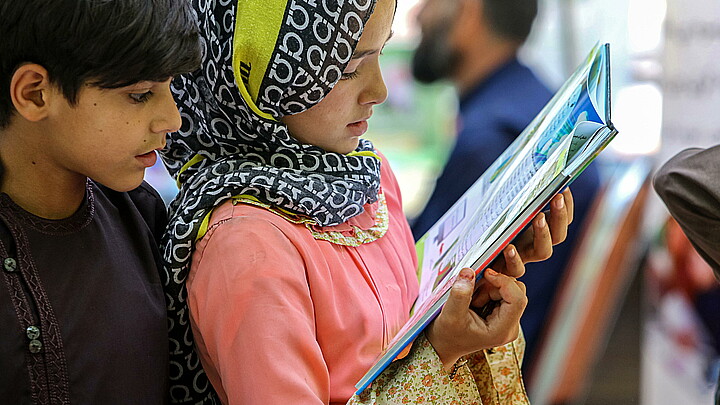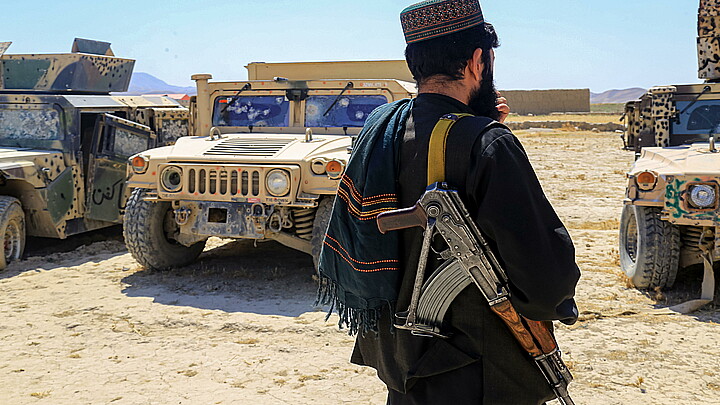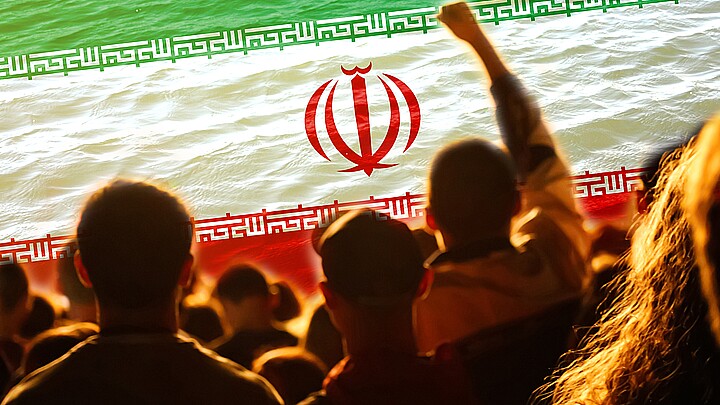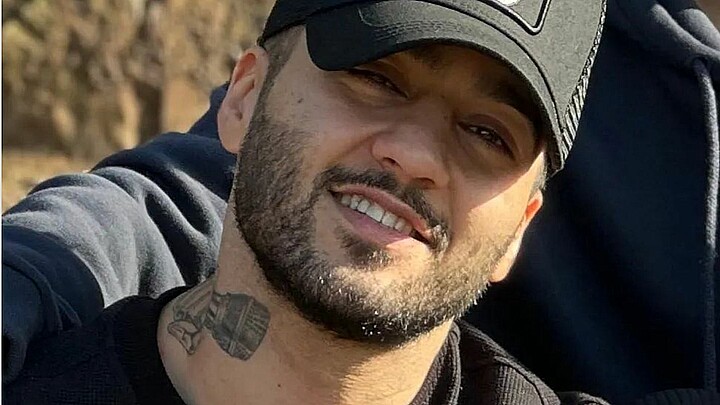Human Rights
Mass protests erupt worldwide over beating death of young Iranian woman
Tragic incident occurred as Iran continues negotiations with the U.S. through Russian intermediaries for a return to abandoned nuclear deal.

September 25, 2022 11:22pm
Updated: September 26, 2022 5:08pm
Protests erupted worldwide and within Iran over the past week following the brutal beating to death of 22-year-old Mahsa Amini, who had been arrested by the Iranian regime's "morality police" for not complying with strict rules regarding hijabs.
Brutally beaten into a coma, Amini's state continued to deteriorate in the hospital, including signs of bleeding from her right ear, bruises and multiple strokes. She died from serious brain injuries on Sept. 16th.
The news of her death prompted outrage and anger from all over Iran and the world. Iranians in cities across the world are protesting with the burning of hijabs and chants calling for the end of the Islamic Republic, including "Death to dictator" and "No more Islamic Republic."
The hashtag #MahsaAmini was trending on social media websites, with Iranians recording their marches and chants against the Islamic regime.
In response to the growing protests, the Islamic government deployed its security forces throughout Iran, shooting tear gas at peaceful demonstrators, beating up men and women on the streets, and arresting individuals. The harsh crackdown on dissent evoked for many the "Green Revolution" in Iran in 2009, which the U.S. and most of the world ignored as an opportunity to oust the theocratic regime that is widely regarded as the world's largest state sponsor of terrorism.
This tragic incident occurred as Iran continues negotiations with the U.S. through Russian intermediaries for a return to the multilateral nuclear deal known as the Joint Comprehensive Plan of Action (JCPOA), and both countries' leaders gave speeches on Sept. 21 at the annual September gathering of the United Nations General Assembly in New York.
The JCPOA was entered into in 2015, but never signed, by the P5+1 (France, England, Russia, China and the U.S., plus Germany) with the stated goal of delaying and slowing down the process by which Iran could build nuclear weapons. The Obama administration considered it a major priority and ultimately a foreign policy success.
President Trump withdrew the U.S. from the agreement and imposed harsh sanctions on Iran. Israel laid out the strongest opposition to the original deal and has opposed the Biden administration's effort to restore the agreement.
The worldwide Amini protests could prove to be a major hurdle for both Iran and the U.S. to restore the deal, which would immediately enrich the Iranians to the tune of $100 billion or more while doing little to stop Iran on its path to possessing nuclear weapons.










